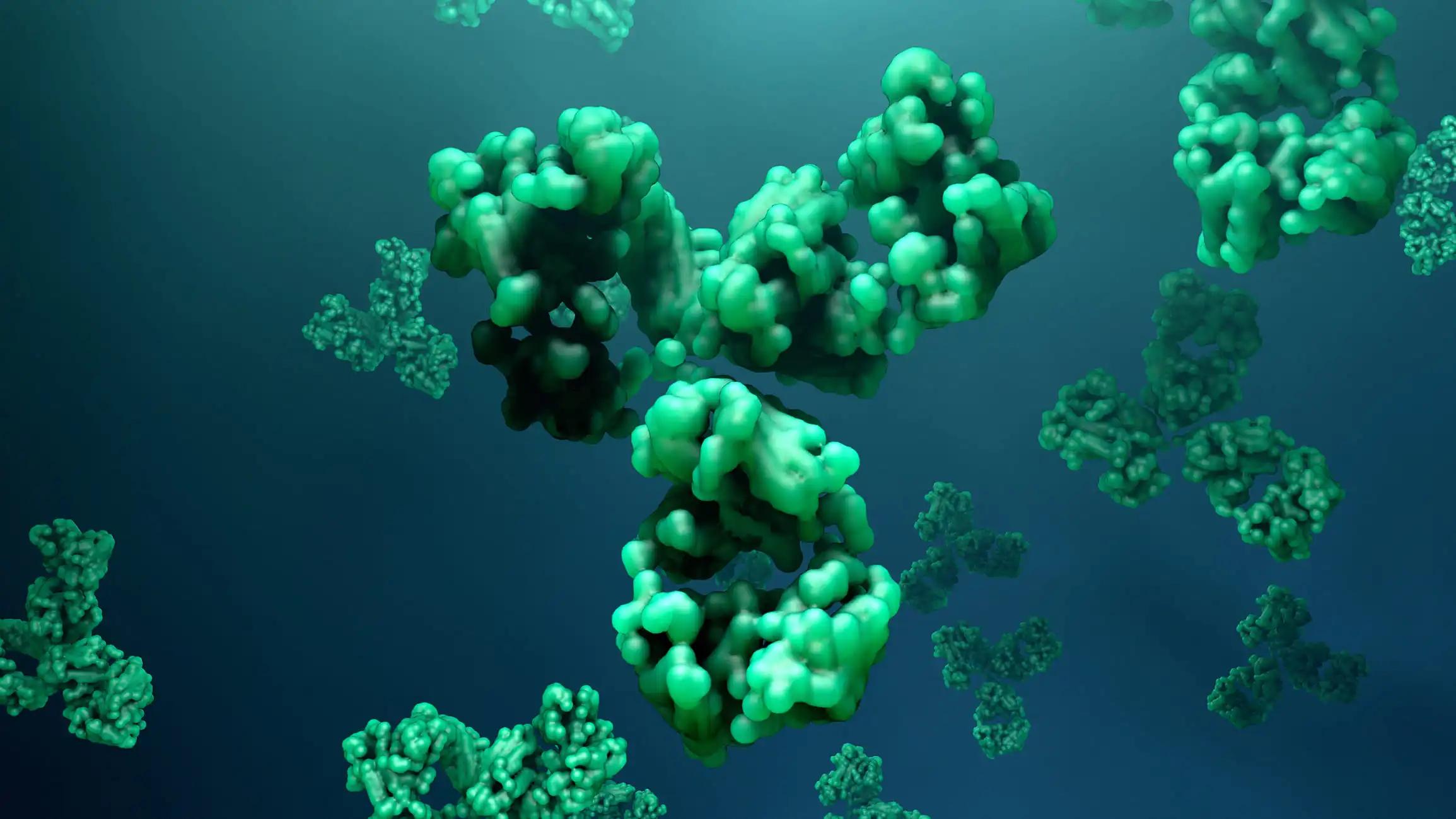KEY TAKEAWAYS
- The PROREPAIR-B, PROSENZA, PROSTAC, and PROSABI observational trial aimed to investigate the impact of HRR gene mutations beyond BRCA2 in patients with mCRPC.
- Researchers noticed significant variations in mCRPC survival based on HRR mutations, underscoring the need for early screening, particularly for BRCA1/2, to optimize tailored treatments and outcomes.
Almost 30% of patients with metastatic castration-resistant prostate cancer (mCRPC) harbor pathogenic mutations in DNA damage repair genes, notably BRCA2, which correlates with adverse outcomes. However, the impact of mutations in other homologous recombination repair (HRR) genes on patient prognosis amidst standard therapies remains ambiguous despite their potential association with novel targeted agents’ anticancer efficacy.
David Olmos and the team aimed to address the uncertainty surrounding the prognostic significance of non-BRCA HRR gene mutations in mCRPC patients receiving standard treatments.
They performed an inclusive analysis encompassing data from multiple clinical trials, including PROREPAIR-B (NCT03075735), PROSENZA (NCT02922218), PROSTAC (NCT02362620), and PROSABI (NCT02787837). Utilizing next-generation sequencing (NGS), they scrutinized HRR genes within patients’ DNA, categorizing them into distinct subgroups: mutations in BRCA1/2, absence of BRCA1/2 mutations (non-BRCA), and non-BRCA mutations in other HRR genes. Both somatic and germline DNA were subjected to analysis. Associations between HRR mutations and patient outcomes were evaluated using inverse probability-weighted Cox models, ensuring baseline characteristic balance across subgroups.
About 223 of 729 (30.6%) patients with mCRPC identified Mutations in ≥1 HRR gene, including 96 patients (13.2%) who had a BRCA1/2 mutation. Among these patients, 60.4% received first-line (1L) novel hormonal therapy (NHT), while 39.6% received 1L taxane therapy, and 80.7% underwent at least 2L treatment. Baseline characteristics, including median age (72.2 years), Gleason score >7 (63.5%), Eastern Cooperative Oncology Group performance status ≥1 (53.1%), and presence of visceral metastases (13.3%), were comparable across subgroups after adjustment.
Patients with BRCA1/2 mutations exhibited significantly inferior prognosis compared to non-BRCA patients, manifesting shorter radiographic progression-free survival (rPFS), progression-free survival on next-line therapy (PFS2), and overall survival (OS). BRCA1/2 mutations also correlated with decreased PFS2 and OS relative to mutations in other non-BRCA HRR genes.
The study concluded that survival outcomes were significantly impacted by HRR gene mutations in mCRPC patients, with the poorest prognosis observed in those with BRCA1/2 alterations, intermediate outcomes in non-BRCA HRR mutations, and the most favorable prognosis in patients without BRCA alterations. Early screening for HRR gene mutations, especially BRCA1/2, is crucial for timely initiation of targeted treatments and improved patient outcomes in mCRPC management.
The trial was sponsored by Centro Nacional de Investigaciones Oncologicas CARLOS III.
Source: https://ons.confex.com/ons/2024/meetingapp.cgi/Paper/15602
Clinical Trial: https://clinicaltrials.gov/study/NCT03075735
https://clinicaltrials.gov/study/NCT02922218
https://clinicaltrials.gov/study/NCT02362620
https://clinicaltrials.gov/study/NCT02787837
Olmos D, Castro E, Francis P, et al. (2024). “Presence of Homologous Recombination Repair Gene Mutations and Outcomes in Patients with Metastatic Castration-Resistant Prostate Cancer Receiving First Line Treatment (CAPTURE Study).” Presented at ONS 2024 (Abstract I36).



